Top Class Actions’s website and social media posts use affiliate links. If you make a purchase using such links, we may receive a commission, but it will not result in any additional charges to you. Please review our Affiliate Link Disclosure for more information.
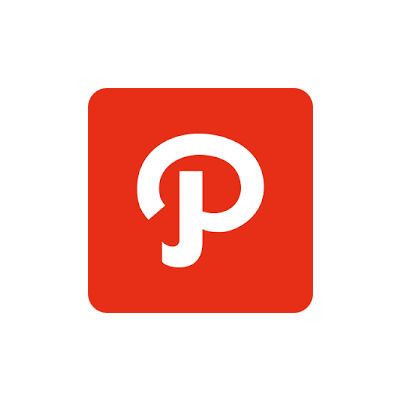
According to the mobile app privacy class action lawsuit, the makers of the Path app secretly stole users’ contacts in 2011 and 2012 without obtaining consent. This contact data was allegedly obtained with Apple’s help and guidance. The Path class action lawsuit was filed in March 2012. It has since been consolidated with similar class action lawsuits as Opperman v. Path.
The mobile app privacy class action lawsuit was dismissed in May 2014, but the plaintiffs were given the opportunity to amend their claims.
The plaintiffs filed a motion seeking certification of the Path class action lawsuit in February. They argued that it would be easy to identify putative Class Members based on Apple’s download records. They seek to certify a Class of everyone in the United States who downloaded Path versions 2.0 through 2.0.5 from the Apple app store from November 2011 through February 2012. They also seek to certify a subclass of users who actually activated the Path app.
In separate briefs filed March 31, Apple and Path argued that certification of the mobile app privacy class action lawsuit was inappropriate because the putative Class Members do not have sufficient commonality.
According to Path, there are “significant differences in the way individuals use contacts, the nature and type of information stored there, their respective attitudes and preferences regarding sharing their contacts with the public and others, and the relative value they assign to keeping their contacts to themselves.”
The app maker argued that each individual Class Member would have to demonstrate that he or she was “highly offended” and experienced “mental anguish” as a result of Path’s conduct.
Similarly, Apple argued that the putative Class includes individuals “whose data was never accessed or taken, who never opened the app or registered as a Path user, and who suffered no injury.” The tech giant also asserts that the plaintiffs failed to acknowledge “Apple’s immediate and decisive response,” which “cannot be reconciled with the claim that Apple aided and abetted Path’s conduct.”
Path also says the plaintiffs have mischaracterized the app and that they have not been able to provide sufficient evidence to show the app maker “intended to ‘mine the data’ for some nefarious, unspoken purpose.” Like Apple, Path argues that the plaintiffs have not shown that they actually suffered any injury.
The plaintiffs are represented by Phillips Erlewine Given & Carlin LLP, the Law Offices of Carl F. Schwenker, Edwards Law, Gardy & Notis LLP, the Law Offices of Martin S. Bakst, and Kerr & Wagstaffe LLP.
The Apple, Path Mobile App Privacy Class Action Lawsuit is Opperman, et al. v. Path Inc., et al., Case No. 3:13-cv-00453, in the U.S. District Court for the Northern District of California.
UPDATE: On Apr. 22, 2016, Apple is seeking dismissal of a class action claim that it improperly helped developers of the Path social media app secretly access users’ address books.
UPDATE 2: On June 1, 2016, Twitter argued that the class action alleging its “Find Friends” app violates users’ privacy should be dismissed because the users allowed Twitter to access their personal contacts.
UPDATE 3: On July 15, 2016, a California federal judge partially certified a class action lawsuit filed by Path users who claim Apple Inc. let the app access their contacts on their smartphones.
UPDATE 4: On Aug. 11, 2016, the plaintiffs in a class action lawsuit accusing a host of app developers and Apple Inc. of improperly harvesting user data without permission argued that Twitter knowingly violated their privacy because it only began asking permission to access users’ address books after public outcry over the practice.
UPDATE 5: On Sept. 9, 2016, Yelp will continue to face a privacy rights class action lawsuit alleging it made unauthorized use of users’ address book data, following a federal judge’s denial of the company’s motion for summary judgment.
UPDATE 6: On April 3, 2017, several app companies, including Twitter, Yelp, and Instagram, asked a federal judge to sign off on a $5.3 million preliminary settlement deal that would resolve a mobile app privacy class action lawsuit.
UPDATE 7: The Twitter, Instagram, Yelp App Privacy Class Action Settlement is now open. Click here to file a claim.
UPDATE 8: On June 6, 2018, Top Class Actions viewers started receivingchecks in the mailworth as much as $94.55 from a class action settlement over alleged privacy violations by developers of certain apps available on the iOS mobile app. Congratulations to everyone who filed a claim and got PAID!
ATTORNEY ADVERTISING
Top Class Actions is a Proud Member of the American Bar Association
LEGAL INFORMATION IS NOT LEGAL ADVICE
Top Class Actions Legal Statement
©2008 – 2024 Top Class Actions® LLC
Various Trademarks held by their respective owners
This website is not intended for viewing or usage by European Union citizens.





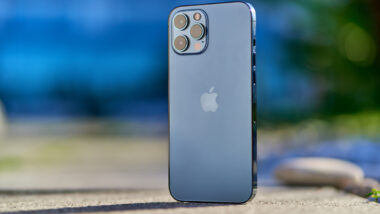



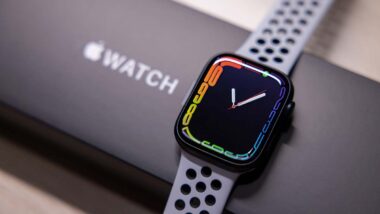


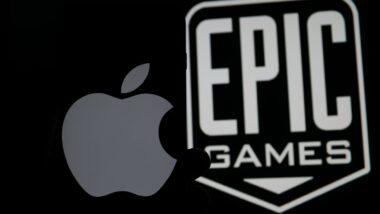
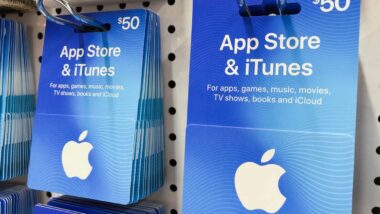

7 thoughts onApple, Path Fight Cert. in Mobile App Privacy Class Action
UPDATE 6: On April 3, 2017, several app companies, including Twitter, Yelp, and Instagram, asked a federal judge to sign off on a $5.3 million preliminary settlement deal that would resolve a mobile app privacy class action lawsuit.
UPDATE 5: On Sept. 9, 2016, Yelp will continue to face a privacy rights class action lawsuit alleging it made unauthorized use of users’ address book data, following a federal judge’s denial of the company’s motion for summary judgment.
UPDATE 4: On Aug. 11, 2016, the plaintiffs in a class action lawsuit accusing a host of app developers and Apple Inc. of improperly harvesting user data without permission argued that Twitter knowingly violated their privacy because it only began asking permission to access users’ address books after public outcry over the practice.
UPDATE 3: On July 15, 2016, a California federal judge partially certified a class action lawsuit filed by Path users who claim Apple Inc. let the app access their contacts on their smartphones.
UPDATE 2: On June 1, 2016, Twitter argued that the class action alleging its “Find Friends” app violates users’ privacy should be dismissed because the users allowed Twitter to access their personal contacts.
UPDATE: On Apr. 22, 2016, Apple is seeking dismissal of a class action claim that it improperly helped developers of the Path social media app secretly access users’ address books.
I have Apple iPhone 6s I am including in this suit